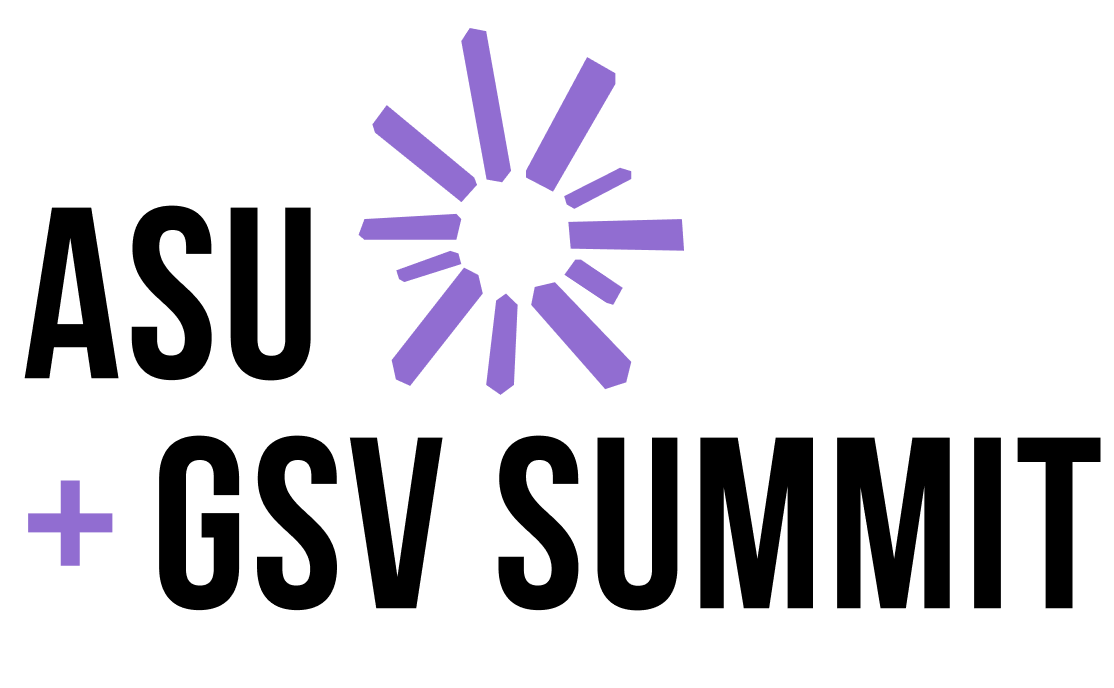Postdoctoral Research Scholar - Geomicrobiology and Astrobiology

Arizona State University
Arizona State University: Office of the University Provost Tempe: The College of Liberal Arts and Sciences: School of Earth and Space Exploration
Location
Open Date
Dec 09, 2024
Description
The School of Earth and Space Exploration (SESE) at Arizona State University invites applications for a postdoctoral research scholar in geomicrobiology and astrobiology.
Applications are invited for a postdoctoral scholar to work with the Trembath-Reichert lab at ASU (https://sites.google.com/asu.edu/modlab/) in collaboration with the Leavitt lab at the University of Utah (https://www.geobio.rocks/), and the Saunders lab at UGA (https://www.jaclynsaunders.com/) on a funded NASA Exobiology project (80NSSC24K1701).
Project Motivation: The role of heterotrophic carbon fixation (HCF) is critical to understanding the microbial carbon cycle, and thereby ecosystems on Earth and elsewhere. While the HCF process has been documented for decades, there is little understanding of 1) what conditions govern this process in nature, or 2) how to detect the potential or activity of HCF enzymes across ecosystems.
Project Goal: To characterize how inorganic carbon incorporation is modulated by growth rate and organic carbon availability in well-characterized microbial cultures and novel deep subsurface isolates.
Essential functions of the position: The successful candidate will lead the data collection, analysis, and interpretation of nanoscale secondary ion mass spectrometry (NanoSIMS) and RNA-Seq experiments for conferences and publications. The successful candidate will also have opportunities to mentor undergraduate and graduate students, contribute to proposal writing, and develop related independent lines of inquiry. Laboratory, computational work, and travel to collaborator laboratories and presentation of scientific findings are expected as a part of this position. Field work opportunities may also be available depending on timing and candidate interest.
The initial appointment is for one year with subsequent annual renewal contingent upon satisfactory performance, the needs of the university, and availability of resources. The anticipated start date is August 16, 2025 (negotiable within Summer or Fall 2025 semester).
About the School of Earth and Space Exploration
SESE is a vibrant community that combines the strengths of science, engineering, and education to set the stage for a new era of exploration. Research in SESE includes, but is not limited to, astrobiology, biogeosciences, cosmology, geology, geophysics, Earth surface processes, planetary science, instrumentation and systems engineering, theoretical and observational astrophysics, and science education. SESE maintains world-class shared facilities and expertise to support foundational Earth science and the development and operation of space missions. Current SESE participation includes leadership of the NASA Psyche asteroid mission, science instruments developed for Mars, asteroid, and the Europa Clipper missions, planetary and astronomical smallsats, ground- and space-based telescopic observations, and field geoscience campaigns, ocean drilling campaigns, atmospheric sampling and instrument development, airborne- and satellite-based Earth observing, and state of the art experimental and analytical and lab-based biogeochemical, geochemical, geomorphic and geophysical analyses facilities, including FORCE.
SESE has access to a wide range of scientific instrumentation, including NanoSIMS instruments (https://sese.asu.edu/research/instrument-laboratories). The Trembath-Reichert lab also collaborates with researchers in the School of Ocean Future (SoF), School of Life Science (SOLS) and the School of Molecular Sciences (SMS).
About The College of Liberal Arts and Sciences
The College of Liberal Arts and Sciences is the academic heart of Arizona State University, committed to improving communities on a local, national, and global scale. We support the professional development and growth of our faculty and staff in their cutting-edge research to advance these aims. Within The College, our faculty engage with a large and curious student body, guiding them as they grow into socially aware, critical thinkers and writers able to succeed in a wide range of careers and to address the challenges of the twenty-first century. Advancing the success of our students remains our top priority. To learn more about The College of Liberal Arts and Sciences, please visit https://thecollege.asu.edu.
About Arizona State University
ASU exemplifies a new prototype for the American public research university. As articulated in the ASU Charter, ASU is a comprehensive public research university, measured not by whom it excludes, but by whom it includes and how they succeed; advancing research and discovery of public value; and assuming fundamental responsibility for the economic, social, cultural and overall health of the communities it serves.
Qualifications
Required Qualifications:
- A Ph.D. in microbiology, geomicrobiology, astrobiology, marine microbiology, or closely related field by the time of appointment.
- Demonstrated record of research accomplishment in target research field(s).
- Candidate within four years from receipt of the doctoral degree.
Desired Qualifications:
- Evidence of strong verbal and written communication skills.
- Evidence of ability to work well independently, as a team member, and as a mentor.
- Experience with culturing microorganisms, bioinformatics, and relevant statistical techniques.
- Experience with stable isotope measurements of light isotopes.
- Demonstrated commitment to working with faculty, staff, students and communities to advance the principles of the ASU Charter
Application Instructions
The application deadline is February 14, 2025. Applications will continue to be accepted on a rolling basis for a reserve pool. Applications in the reserve pool may then be reviewed in the order in which they were received until the position is filled. Candidates will be asked to create or use an existing Interfolio Dossier to submit the following application materials:
- A cover letter
- Contact information for three references who may be contacted at a later stage of consideration
- A curriculum vitae with a publication list
- A statement of past research accomplishments and future research goals (three pages or less)


